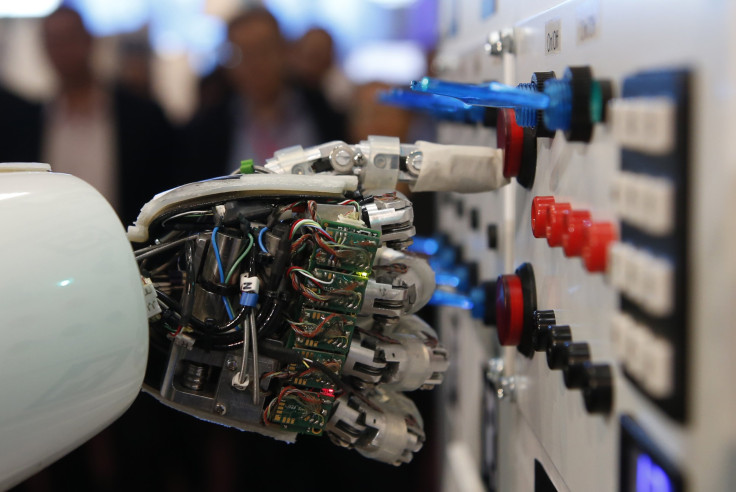Artificial Intelligence: Tech Billionaires Create $27 Million Fund To Research AI Safety And Ethics

Artificial intelligence. Despite, or perhaps because of, the great strides made in the field of AI in recent years, for many people, the words still conjure up images of a “Terminator”-like sci-fi dystopia where sentient machines are mercilessly hunting humans down. These potential misgivings about what an AI-dominated world would be like are not alleviated when the likes of Stephen Hawking warn AI “could spell the end of the human race.”
In order to address concerns related to ethics and safety of AI, a group led by LinkedIn co-founder Reid Hoffman and the Omidyar network — an investment firm set up by eBay co-founder Pierre Omidyar — announced the creation of a $27 million research fund called the Ethics and Governance of Artificial Intelligence Fund.
In a statement released Tuesday, the Knight Foundation — the U.S. nonprofit that’s also involved in the initiative — said that in addition to researching the development of AI from a humanities and social sciences point of view, the fund will also support AI ethics and governance projects, both in the U.S. and internationally.
“Artificial intelligence agents will impact our lives in every society on Earth. Technology and commerce will see to that,” Alberto Ibargüen, president of Knight Foundation, said in the statement. “Since even algorithms have parents and those parents have values that they instill in their algorithmic progeny, we want to influence the outcome by ensuring ethical behavior, and governance that includes the interests of the diverse communities that will be affected.”
Of the $27 million, Hoffman and Omidyar Network each committed $10 million, while the Knight Foundation pledged $5 million. The remaining $2 million would come from the William and Flora Hewlett Foundation, and Raptor Group founder Jim Pallotta, who are giving a million dollars each.
The key areas of research will include ethical design, communicating the nuances of a complex field like AI to the public, and ensuring that innovations in the field minimize potential harm while maximizing benefits.
“There’s an urgency to ensure that AI benefits society and minimizes harm,” Hoffman said. “AI decision-making can influence many aspects of our world — education, transportation, health care, criminal justice, and the economy — yet data and code behind those decisions can be largely invisible.”
This is not the first group established with the explicit intention to research, and dispel fears of, AI technology. In September, Microsoft, Google, IBM, Facebook and Amazon launched a new non-profit organization — the Partnership on Artificial Intelligence to Benefit People and Society, or the Partnership on AI, for short — to advance the general public’s understanding of AI technologies, and debate concerns related to ethics, privacy, and transparency. Prior to that, in 2015, Tesla and SpaceX CEO Elon Musk — who has called AI humanity’s “biggest existential threat” — announced the creation of OpenAI, a nonprofit that says it aims to “advance digital intelligence in the way that is most likely to benefit humanity as a whole.”
“We believe there is room for all of these different approaches and perspectives; AI is a critical area of research, and there are many unanswered questions to explore and debate,” the Knight Foundation said. “We look forward to collaborating with many of these other initiatives over the coming years.”
© Copyright IBTimes 2025. All rights reserved.






















